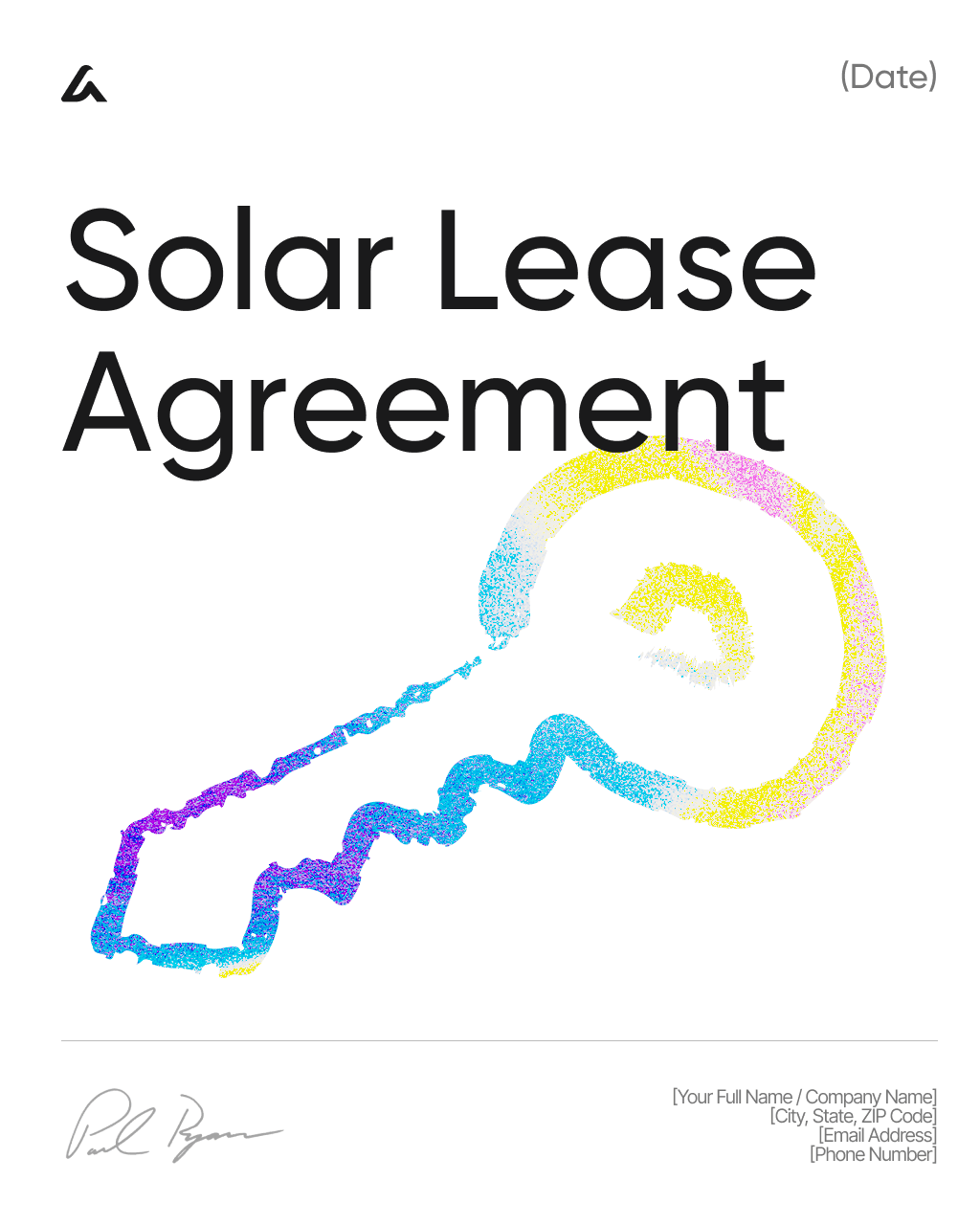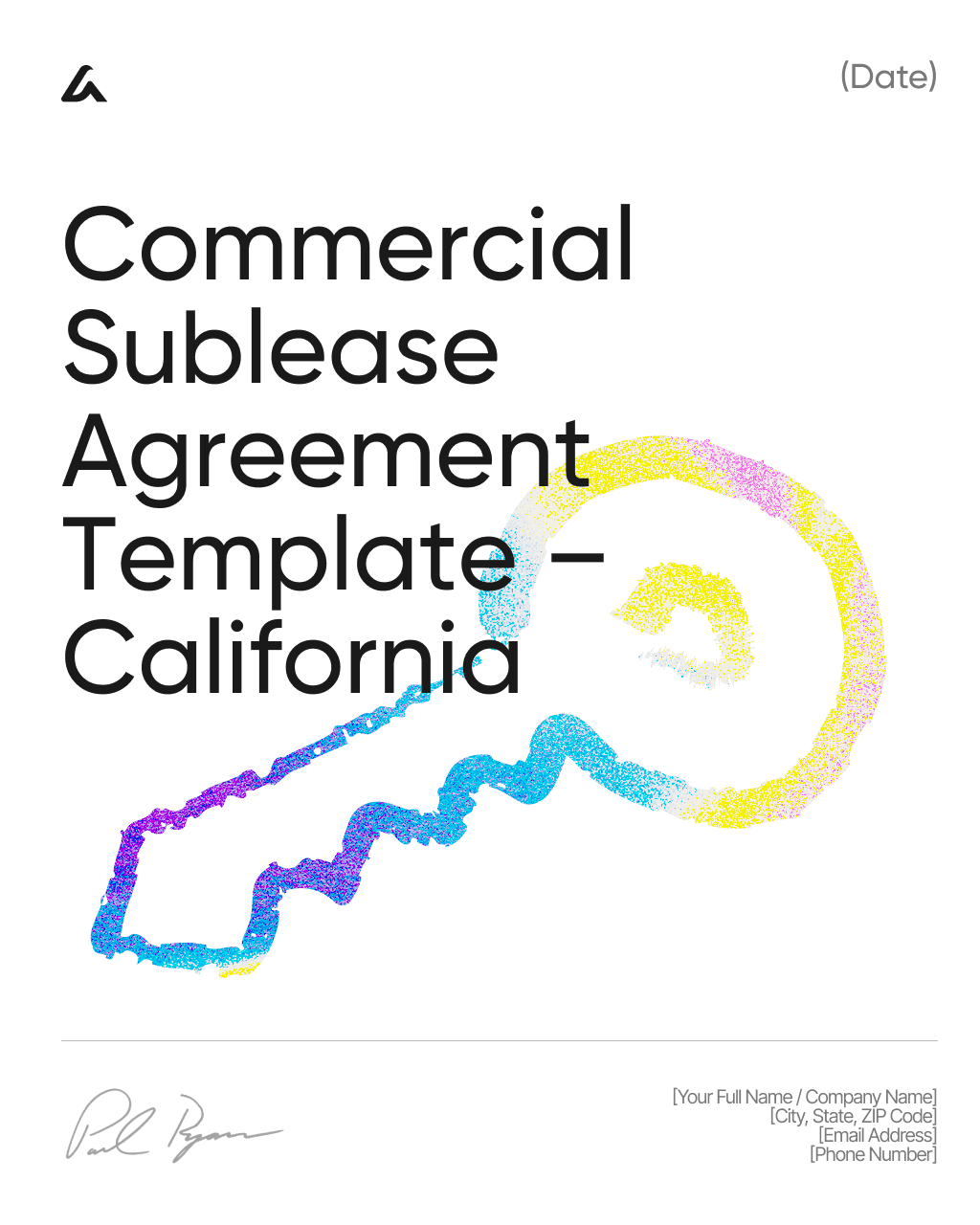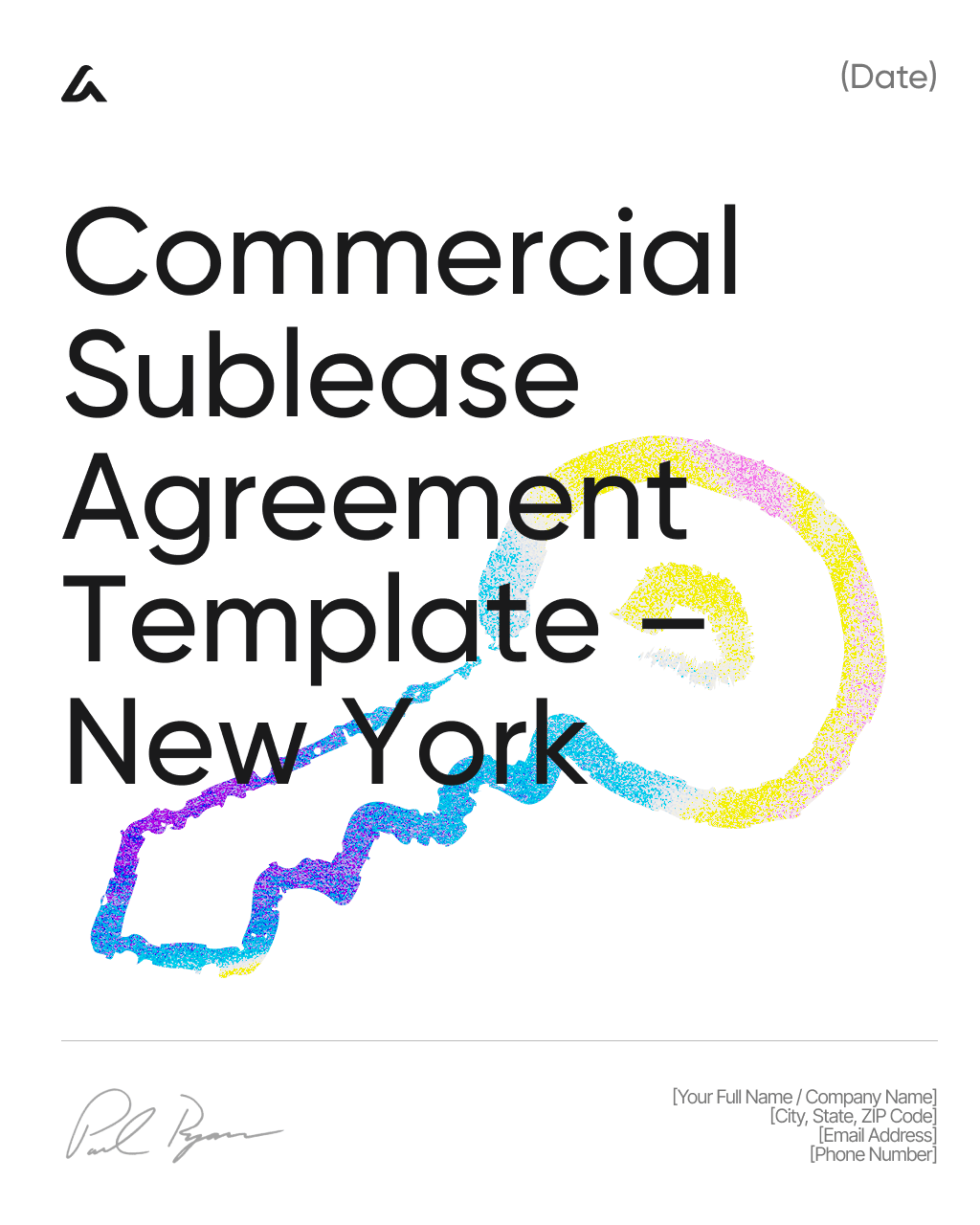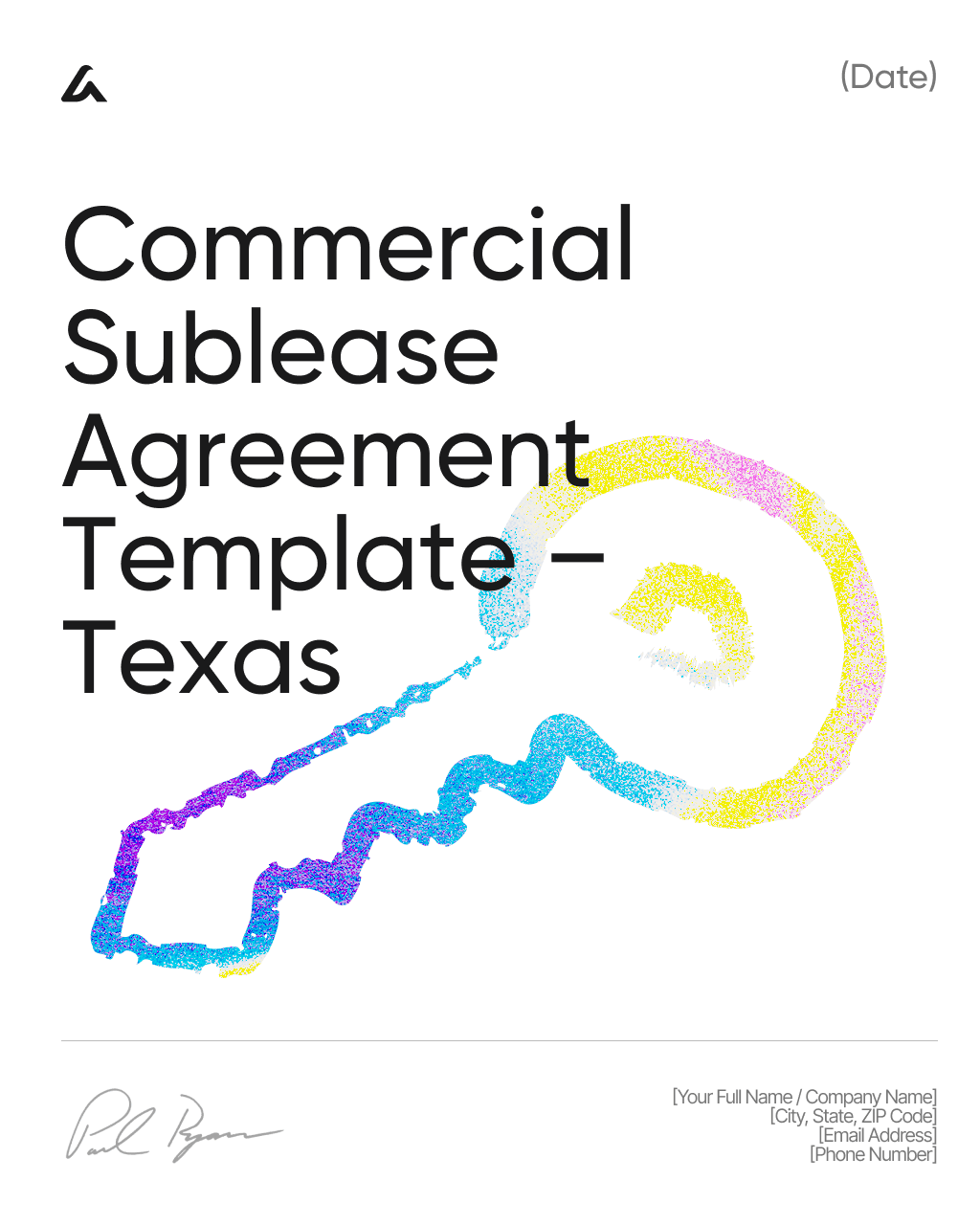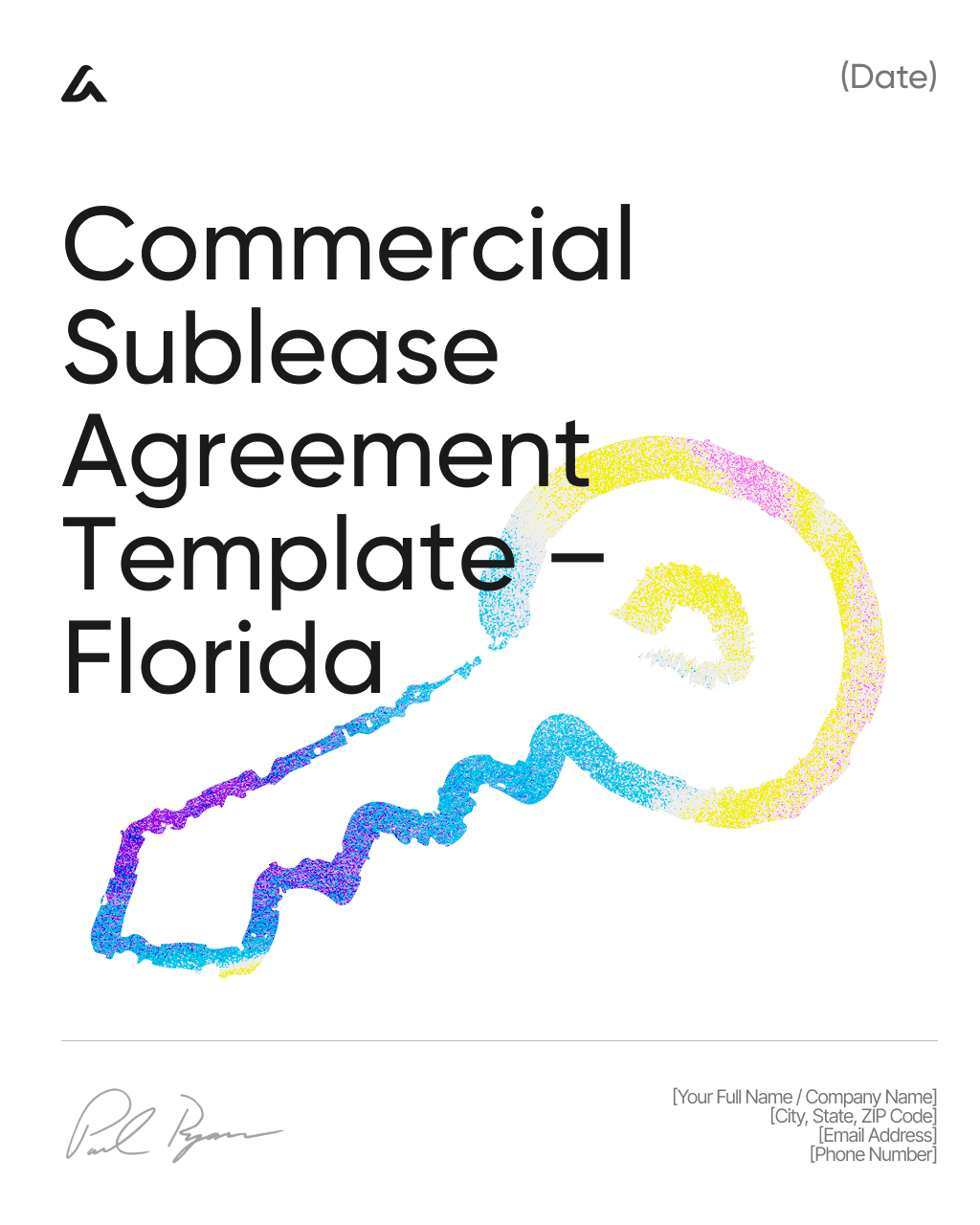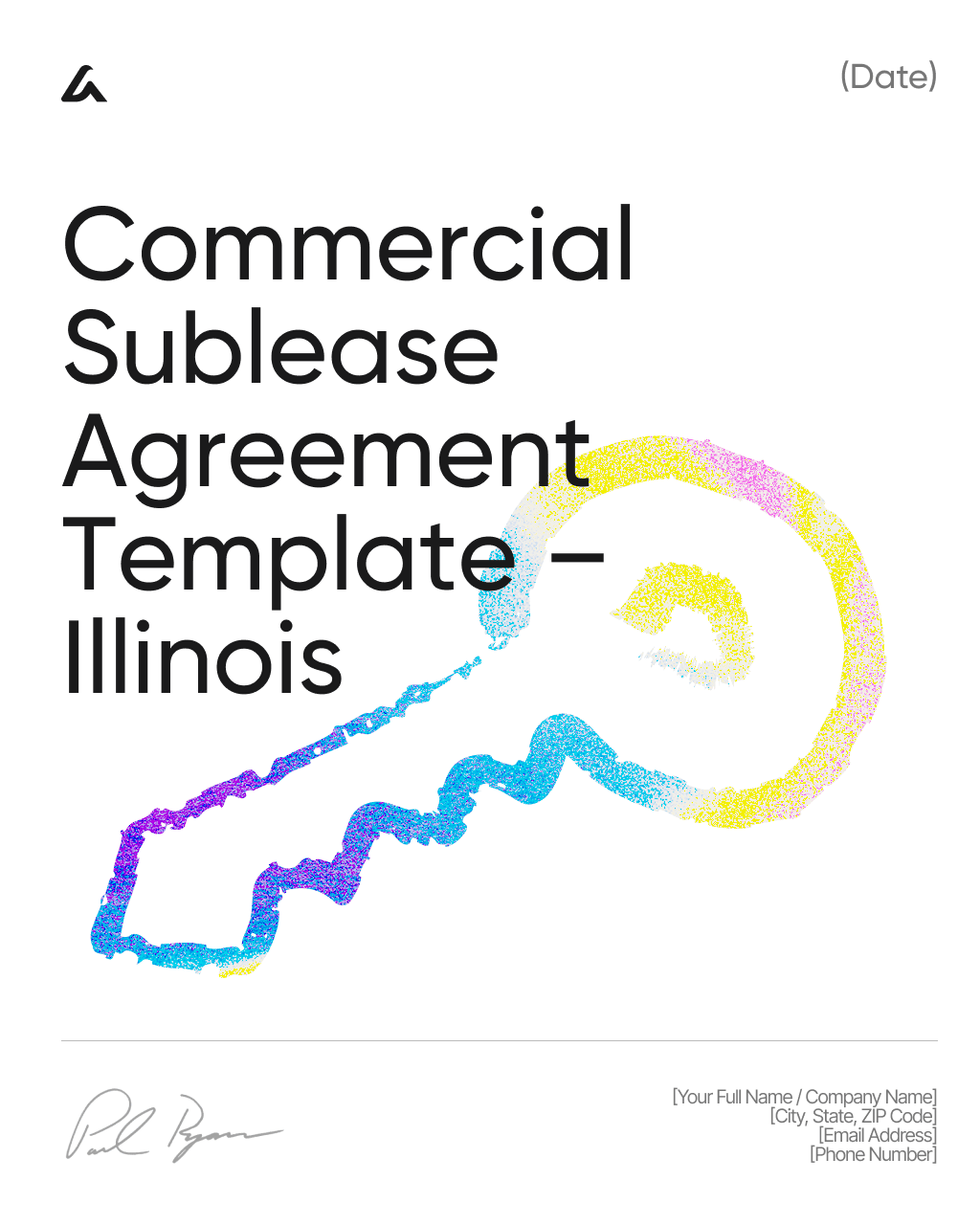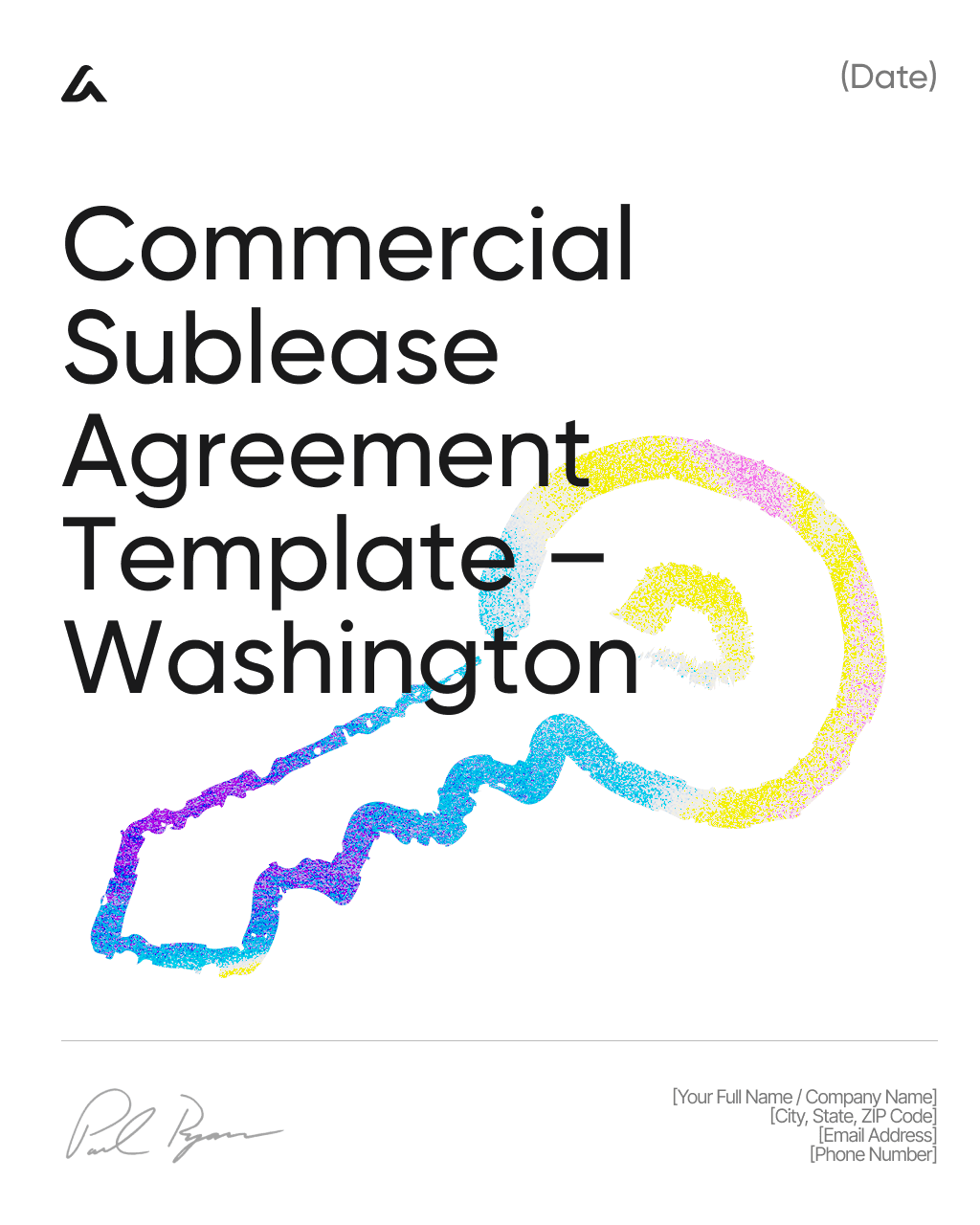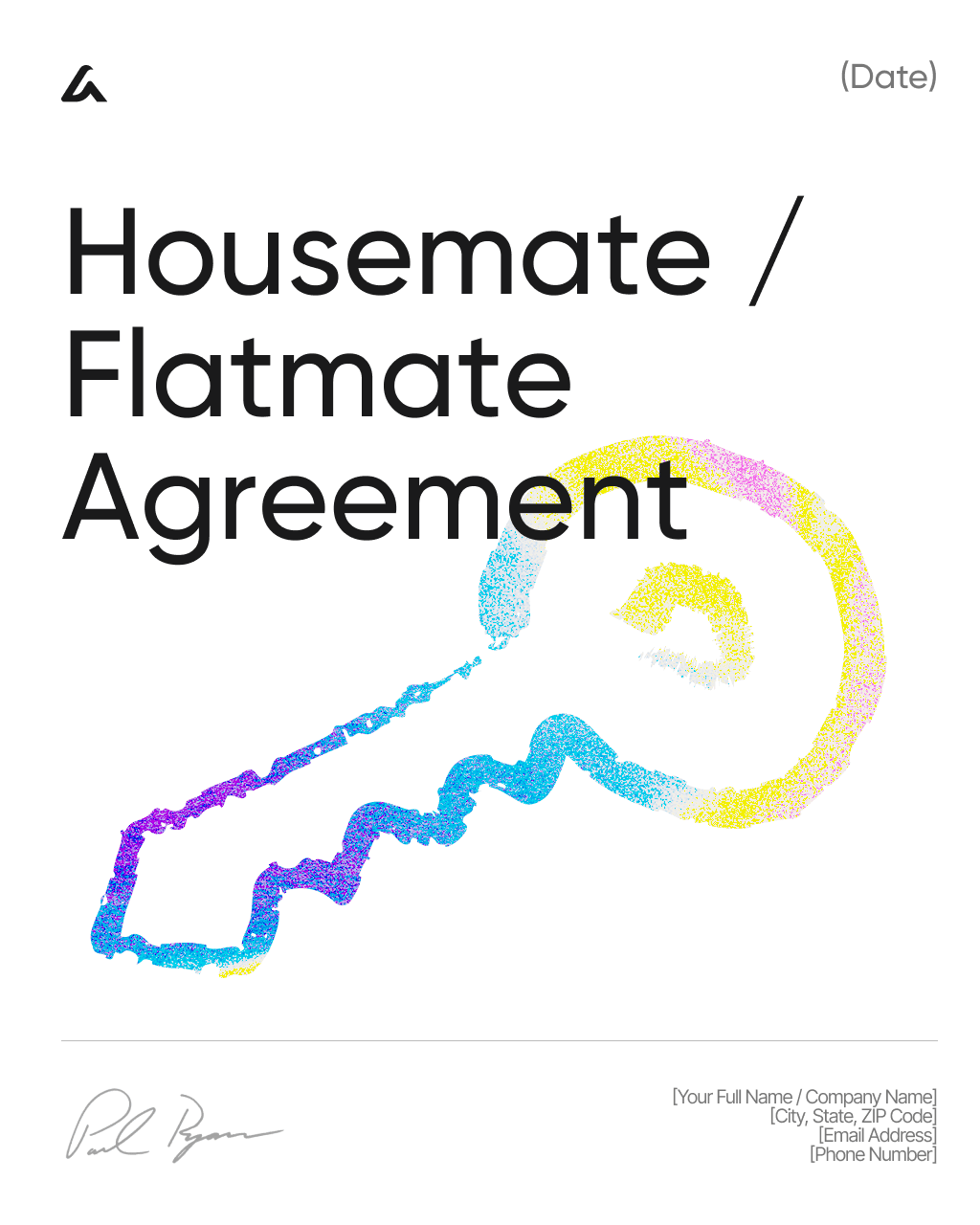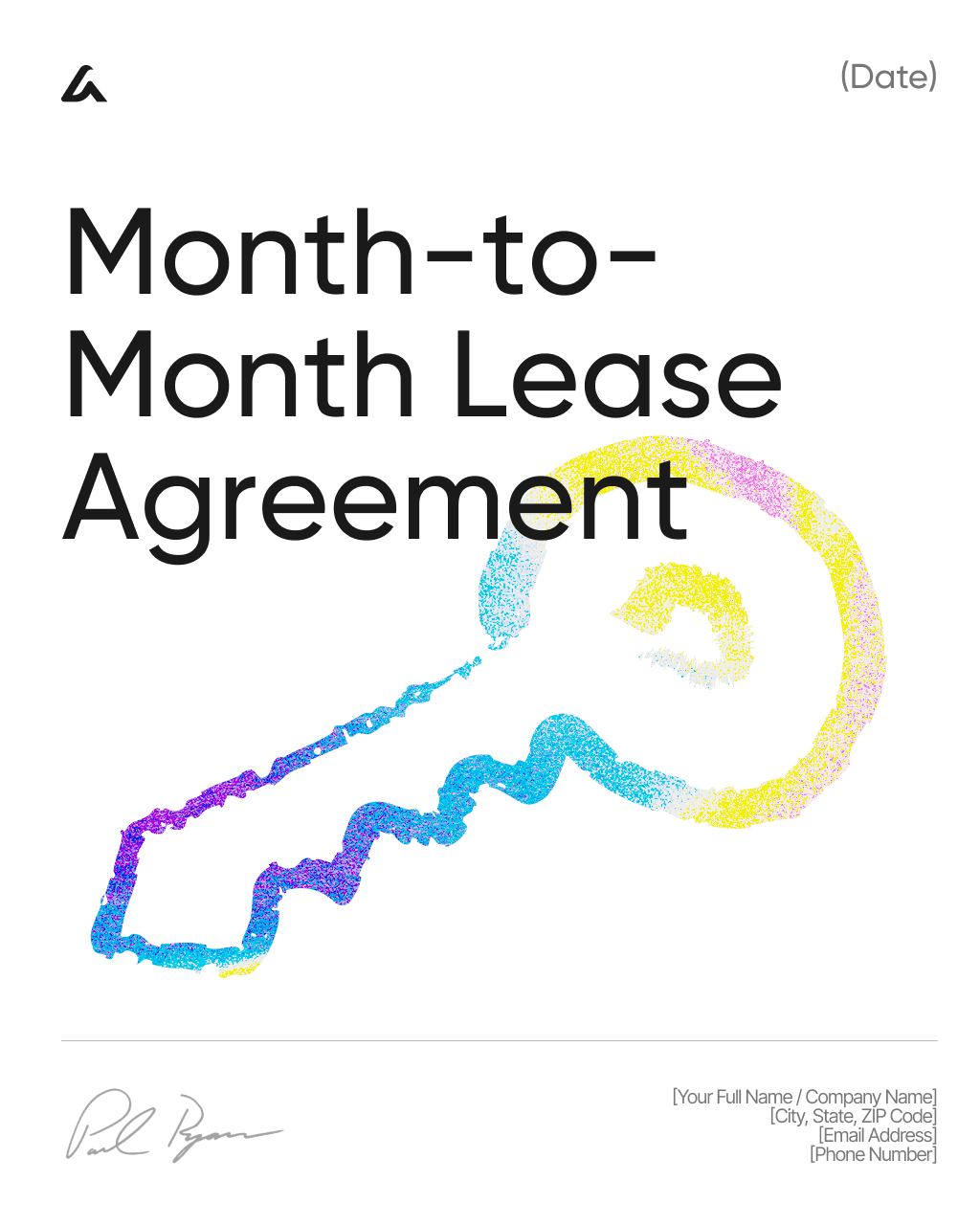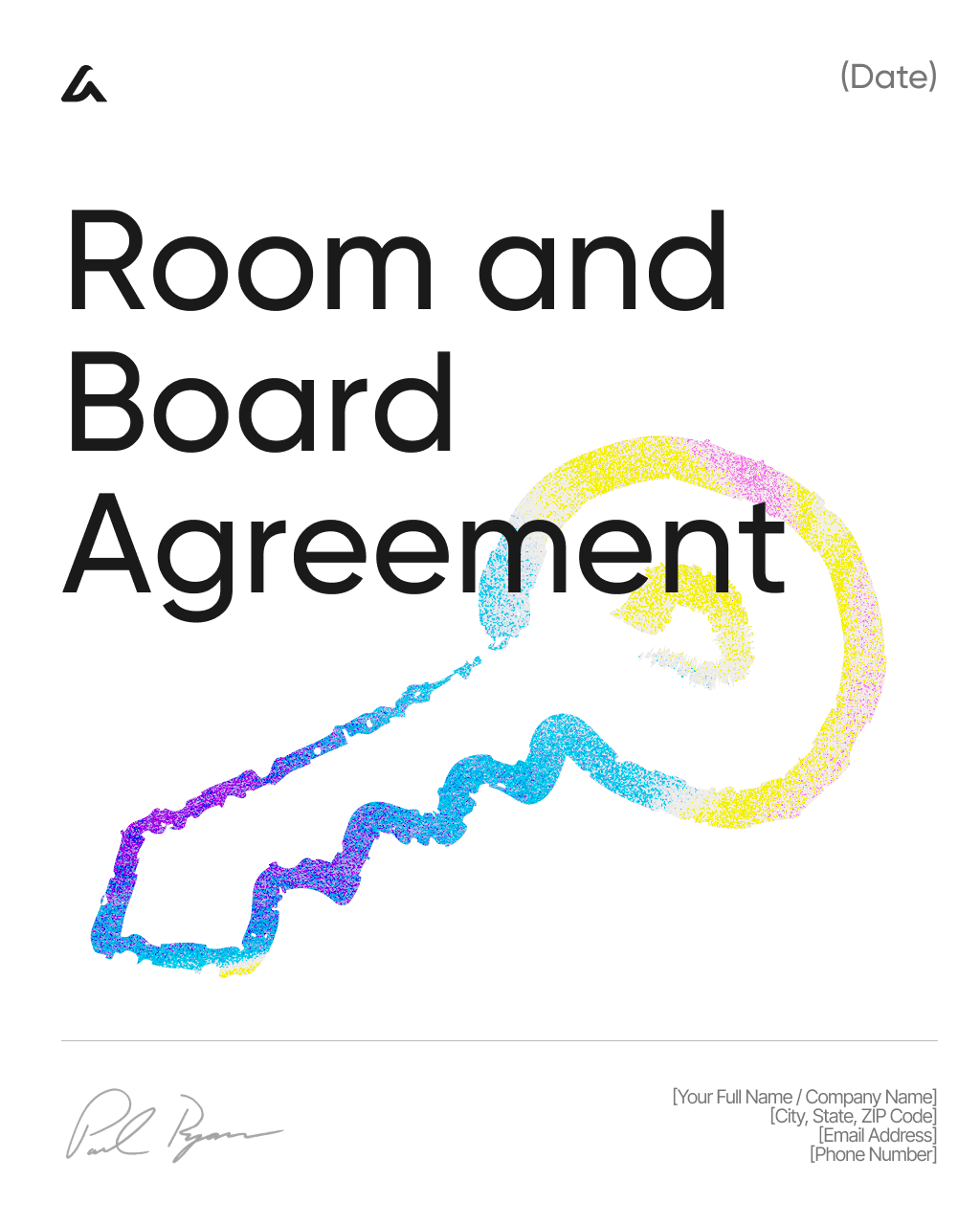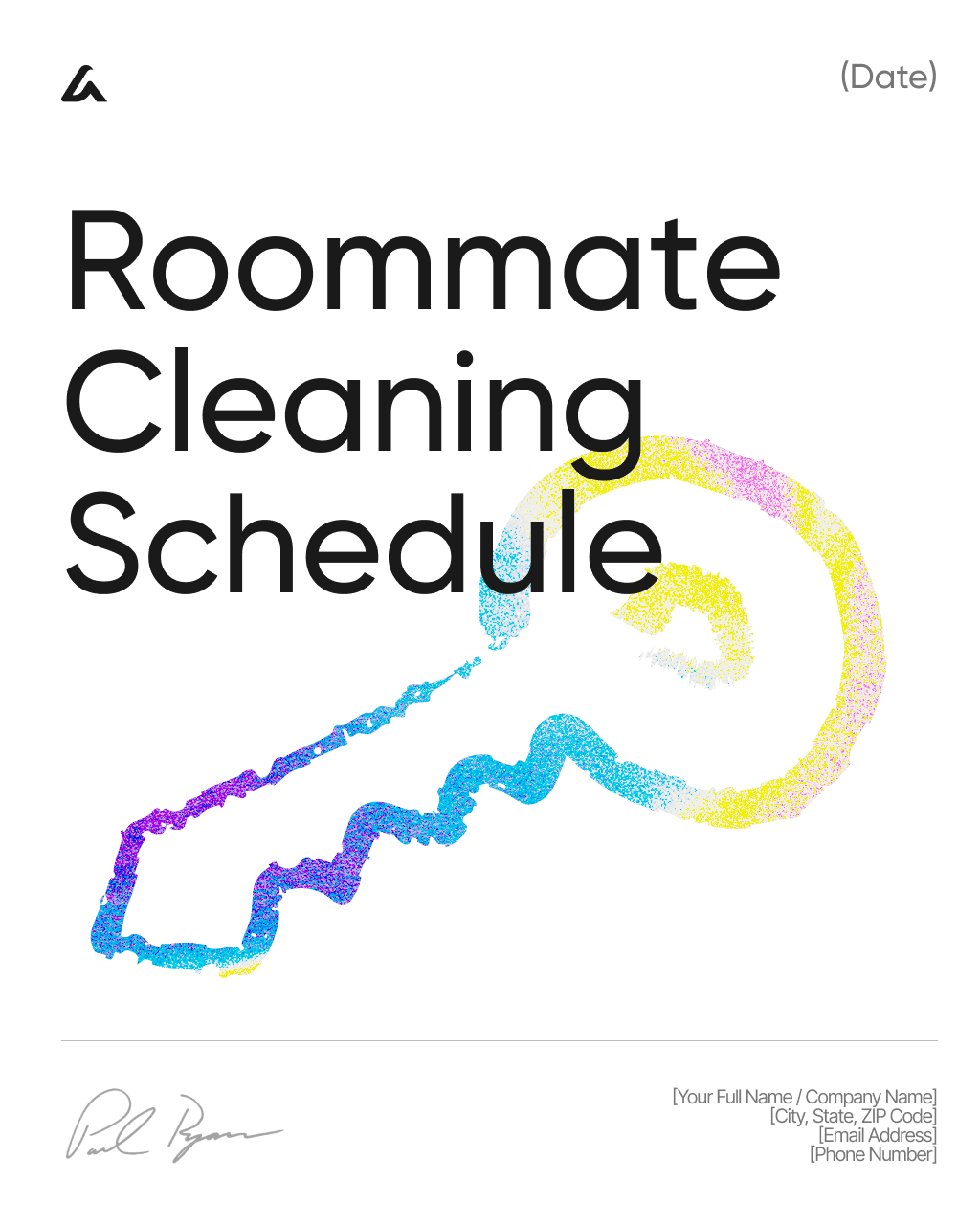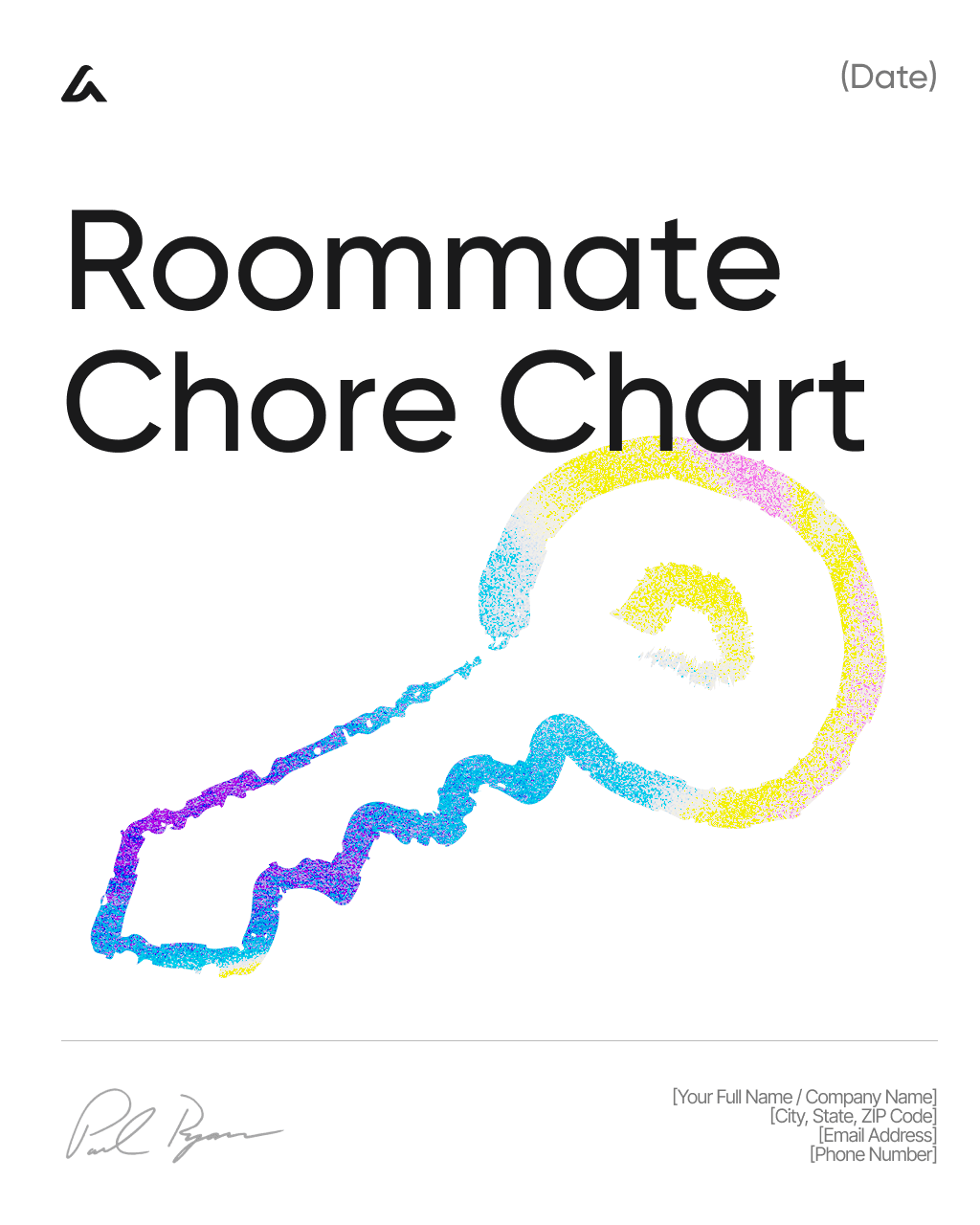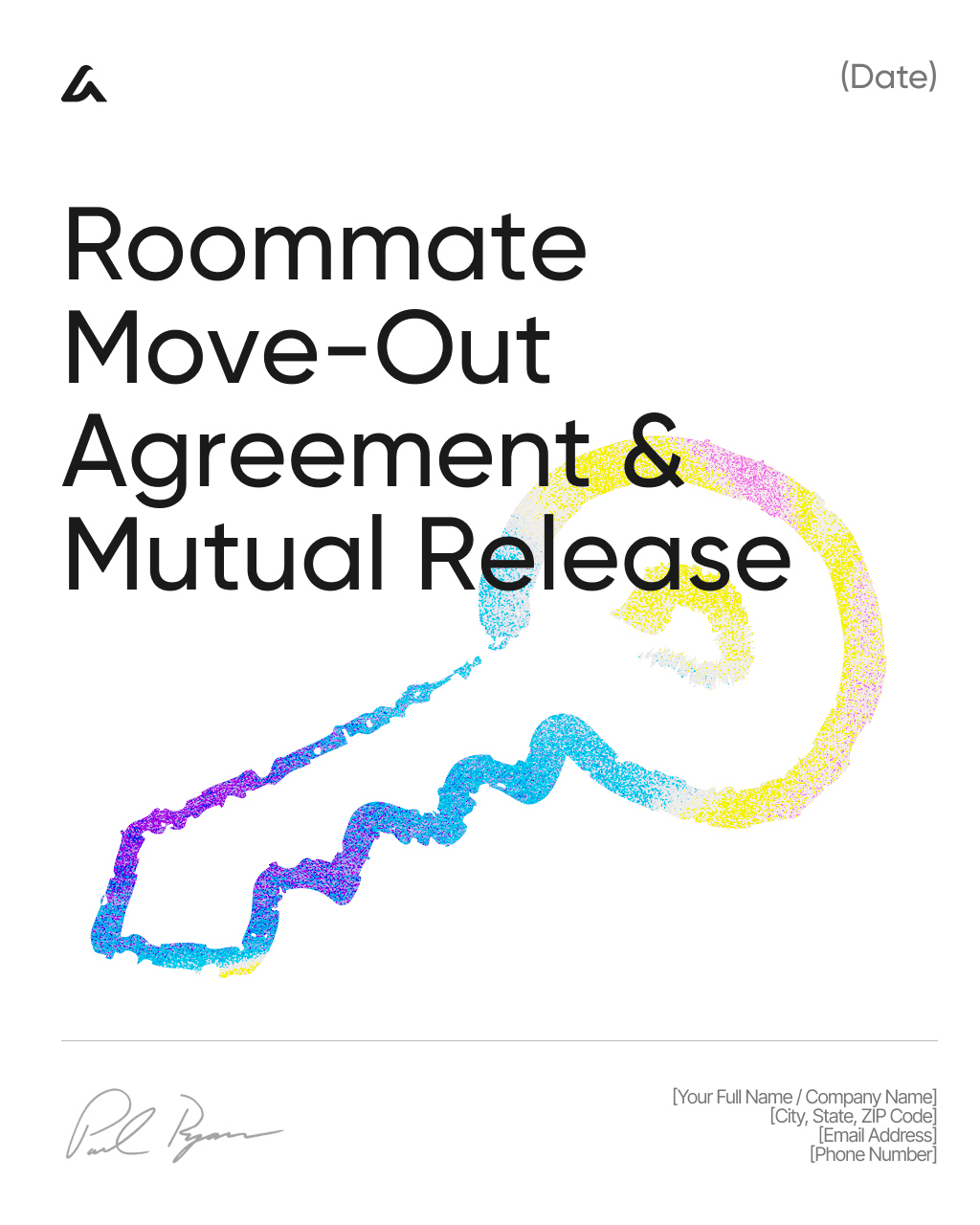Free template
Rent-to-Own Agreement Template: Purchase Terms & Payments Illinois
Download template
Rent-to-Own Agreement
This Rent-to-Own Agreement ("Agreement") is entered into on [Effective Date], by and between:
Seller/Landlord: [Full Legal Name], residing at [Address]
and
Buyer/Tenant: [Full Legal Name], residing at [Address]
Property Address: [Full Street Address, City, State, Zip]
1. Term and Eligibility to Purchase
The Term begins [Start Date] and ends [End Date], with option eligibility conditioned on compliance with this Agreement. If not in default, Buyer/Tenant may exercise the option per the timelines below. A mid‑term review will reconcile credits and confirm insurance documentation.
2. Rent, Credits, and Option Consideration
Monthly rent: $[Rent Amount] due each [Day]; $[Credit Amount] per month accrues as a conditional credit applied only at closing. An option fee of $[Option Fee] is paid at execution (☐ applied to price ☐ non‑refundable). Payment method: [Method]; late fees after [Grace Period] days may apply.
3. Purchase Price and Exercise Deadlines
Purchase price: $[Price] or per [Formula]. Notice of Exercise due by [Notice Deadline]; closing by [Closing Deadline]. Time is of the essence for option timing.
4. Inspections; Disclosures; Access
Inspections permitted within [Inspection Period] days and thereafter with reasonable notice. Seller/Landlord will share available disclosures and allow appraisal access. Material findings above $[Threshold] follow the agreed remedy: [Repair/Credit/Termination].
5. Maintenance; Repairs; Improvements
Buyer/Tenant completes routine upkeep and minor repairs up to $[Minor Cap] per occurrence. Seller/Landlord is responsible for major systems/structure unless Buyer/Tenant misuse is the cause. Alterations require written consent and may be removable if no damage occurs.
6. Insurance; Taxes; Utilities; HOA
Seller/Landlord maintains property taxes and insurance unless agreed otherwise; Buyer/Tenant maintains renters liability insurance. Utilities and services: [Allocation]. If subject to HOA, Buyer/Tenant agrees to observe HOA rules.
7. Financing; Closing Deliverables
Buyer/Tenant secures financing; Seller/Landlord cooperates with lender requests. At closing, credits and option fee (if applicable) apply; title transfers by [Deed Type] free of undisclosed liens. Closing costs: Buyer/Tenant [List]; Seller/Landlord [List].
8. Defaults; Remedies; Cure
Material breach or non‑payment constitutes default; a cure period of [X] days may apply if stated here: [Cure Terms]. Buyer/Tenant default may allow termination and retention of non‑refundable consideration where lawful. Seller/Landlord default may entitle Buyer/Tenant to specific remedies including fee/credit return.
9. Early Termination; Transfers
Any assignment or sublease requires written consent; early termination for hardship may be considered with documentation. Upon surrender, keys and access devices are returned and utilities reconciled. Security deposit (if any) is settled per addendum.
10. Law; Entire Agreement; Notices
Governing law: [State]. Entire Agreement and notice provisions apply as stated. Amendments must be written and signed. Severability and non‑waiver remain effective.
IN WITNESS WHEREOF, the Parties have executed this Agreement as of the date first written above.
Seller/Landlord:
[Printed Name]
Signature: ______________________________
Date: ______________________________
Buyer/Tenant:
[Printed Name]
Signature: ______________________________
Date: ______________________________
Flash deal
Flash deal
Today
Today
No time to fill it up? Generate your custom agreement with AI Lawyer in seconds
What’s Included
Legal Research
Legal Research
Legal Research
Contract Drafting
Contract Drafting
Contract Drafting
Document Review
Document Review
Document Review
Risk Analytics
Risk Analytics
Risk Analytics
Citation Verification
Citation Verification
Citation Verification
Easy-to-understand jargon
Easy-to-understand jargon
Easy-to-understand jargon
Details
Learn more about
Rent-to-Own Agreement Template: Purchase Terms & Payments Illinois
Click below for detailed info on the template.
For quick answers, scroll below to see the FAQ.
Click below for detailed info on the template.
For quick answers, scroll below to see the FAQ.
Illinois Rent-to-Own Agreement FAQ
What is a Rent-to-Own Agreement?
A Rent-to-Own Agreement (also called a Lease-to-Own or Lease-Option Agreement) is a contract that allows a tenant to rent a property with the option or obligation to buy it later.
Part of each rent payment may go toward the future purchase price, helping the tenant build equity over time.
The agreement outlines key terms such as the purchase price, option fee, rental period, and maintenance responsibilities.
It benefits tenants who want to become homeowners but need time to improve their credit or save for a down payment, while giving landlords a potential sale at a later date.
When to use a Rent-to-Own Agreement?
A Rent-to-Own Agreement should be used when both the landlord and tenant are interested in a future property sale but aren’t ready to complete the purchase immediately. It’s ideal for tenants who plan to buy but need time to save for a down payment, improve credit, or secure financing, and for landlords who want steady rental income while keeping a potential sale on the table.
This type of agreement is also useful when the housing market is uncertain — it locks in a potential purchase price and terms in advance, protecting both parties from future fluctuations.
What should be included in a Rent-to-Own Agreement?
A Rent-to-Own Agreement should clearly define all terms related to both the rental and the future purchase.
It’s essential to include all details that protect both the tenant-buyer and the landlord-seller.
A complete Rent-to-Own Agreement typically includes:
Property details: Full address and description of the property.
Rental terms: Monthly rent amount, payment dates, and lease duration.
Option to purchase: Whether the tenant has the right or obligation to buy the property.
Purchase price: Either a fixed amount or a formula for determining it later.
Option fee or deposit: Any upfront payment that applies toward the purchase price.
Rent credit: Portion of rent payments that will be credited toward the purchase.
Maintenance responsibilities: Which party is responsible for repairs and upkeep.
Default and termination clauses: What happens if either party fails to meet the terms.
Signatures: Both parties must sign to make the agreement legally binding.
Having all these elements in writing helps prevent misunderstandings and ensures that both parties understand their financial and legal commitments.
Can a Rent-to-Own Agreement be changed after signing?
Yes, a Rent-to-Own Agreement can be changed after signing, but only if both parties agree in writing.
Any modification — such as adjusting the purchase price, rent amount, or option period — must be documented through a formal amendment signed by both the tenant-buyer and the landlord-seller.
Verbal agreements or informal changes have no legal effect and can create disputes later.To avoid confusion, both parties should keep copies of all signed amendments along with the original agreement.
What should tenants check before signing a Rent-to-Own Agreement?
Before signing a Rent-to-Own Agreement, tenants should carefully review all terms to ensure the deal is fair and transparent.
Start by confirming the purchase price and whether it is fixed or based on market value at the end of the lease. Make sure the option fee and rent credits are clearly stated, including how much of the rent will go toward the final purchase.
It’s also important to check who is responsible for maintenance, repairs, taxes, and insurance during the rental period, as these costs can significantly affect affordability. Tenants should verify that the property title is clear, meaning there are no liens or legal disputes that could prevent the sale later.
Finally, read the termination and default clauses to understand what happens if either party fails to meet their obligations.
If anything seems unclear, it’s best to consult a real estate attorney before signing — small details can make a big difference in long-term outcomes.
Similar templates
Other templates from
Lease Agreement
Money back guarantee
Free trial
Cancel anytime
AI Lawyer protects
your rights and wallet
Money back guarantee
Free trial
Cancel anytime
AI Lawyer protects
your rights and wallet
Money back guarantee
Free trial
Cancel anytime
AI Lawyer protects
your rights and wallet
Money back guarantee
Free trial
Cancel anytime





















































































































